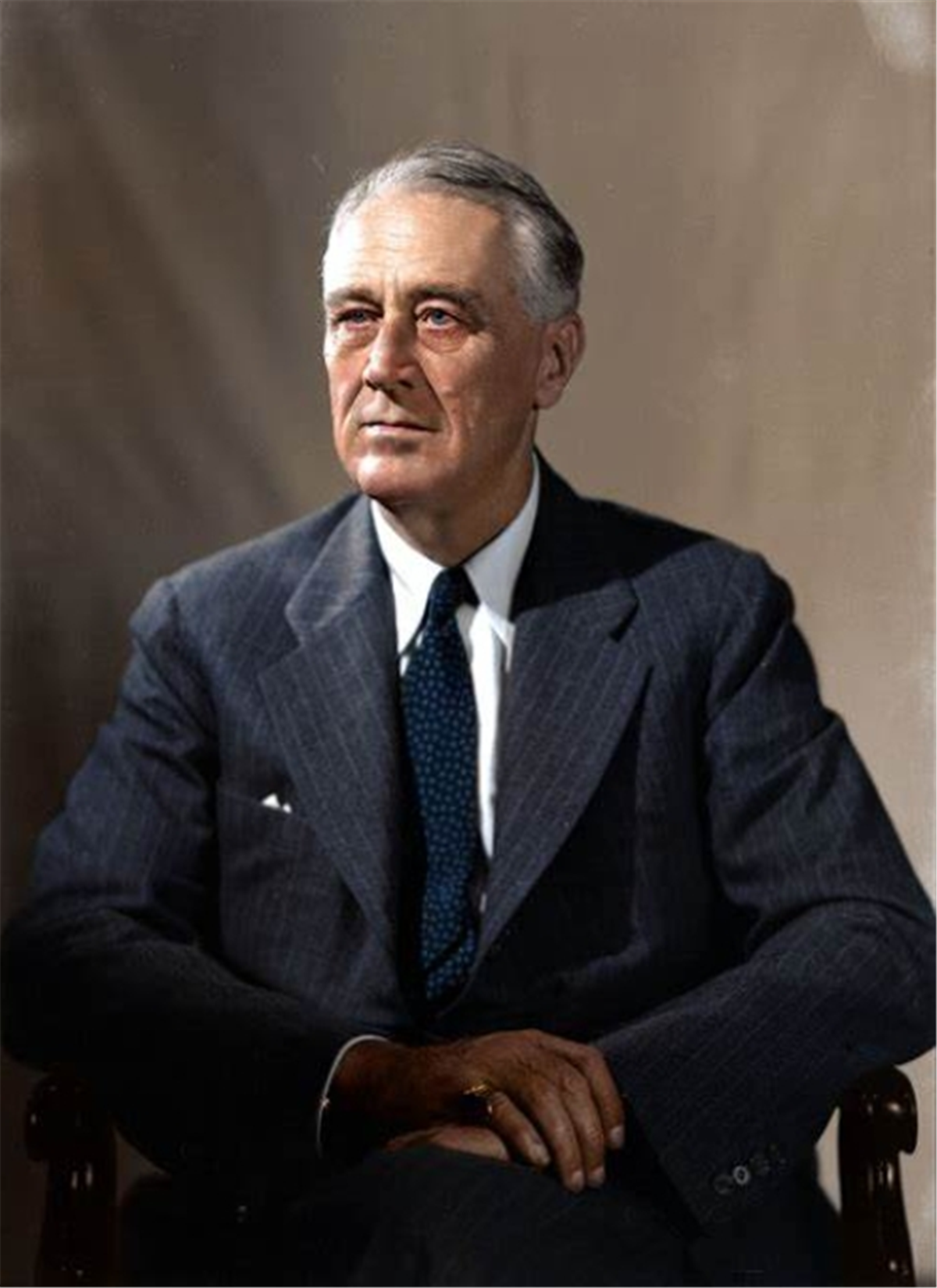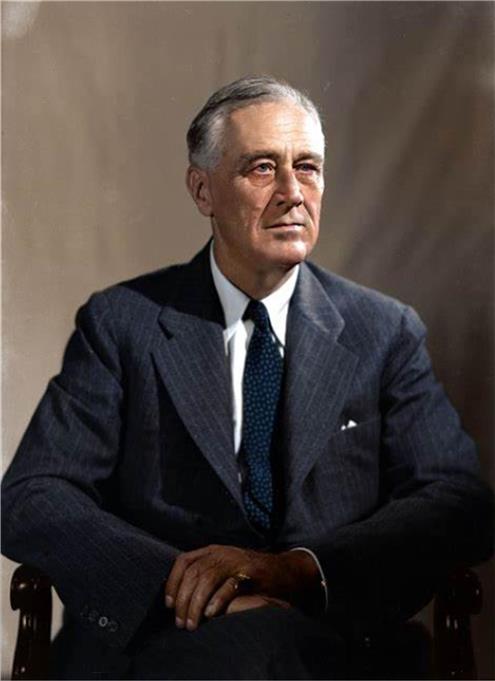FDR’s Polio and Election as Governor

By spring 1922, he could stand with help of iron braces, and was determined to re-enter politics. He was encouraged by his wife and longtime supporter Louis Howe. Roosevelt returned to public life at a Democratic Party dinner in New York as a speaker in 1924. The next year he addressed the party’s convention in Madison Square Garden and nominated Alfred E. Smith as the party’s candidate for president, a position for which Smith was defeated. Roosevelt was building a reputation as a party leader loyal to Democratic Party leaders and still popular with the voters.
Al Smith was running for president again in 1928, and again asked Roosevelt to place his nomination at the convention. Smith had become anti-Prohibition, but Roosevelt, who was governor of a state that enforced Prohibition, had to appear dry. He could do nothing before the convention that would give him any deniability. Roosevelt nominated Smith, making an anti-Prohibition speech, which he disowned the next day, but Smith did not get the nomination. There is speculation that Smith’s Al Smith’s supporters let Roosevelt have the nomination for governor so that Roosevelt could take the blame for the Republican landside that followed. Governor Roosevelt was active in establishing a Temporary Emergency Relief Administration in New York to aid the unemployed through the Great Depression that had followed the stock market crash in 1929. His assistant for this project, Harry Hopkins, would be Roosevelt’s most valued adviser through the next twelve years.
Governor Roosevelt took office in January 1929. From the start he took a liberal position, fighting the Republican-controlled legislature. He proposed, but could not pass, an old-age pension bill. In 1930 he established a state severance tax on the sale of petroleum and natural gas. The tax was to ease the tax burden on the working families in the state and the revenues were to be used in a new program for mothers and dependent children. He signed a bill for state regulation of insurance companies. He signed an act establishing the State Public Service Commission. He secured passage of the Ives-Quinn Law, protecting workers against injuries on the job, and a law for the construction of low-cost public housing.
 Famous Persons
Famous Persons English
English
 Jerry
Jerry Facebook
Facebook Twitter
Twitter Pinterest
Pinterest Linkin
Linkin Email
Email Copy Link
Copy Link










